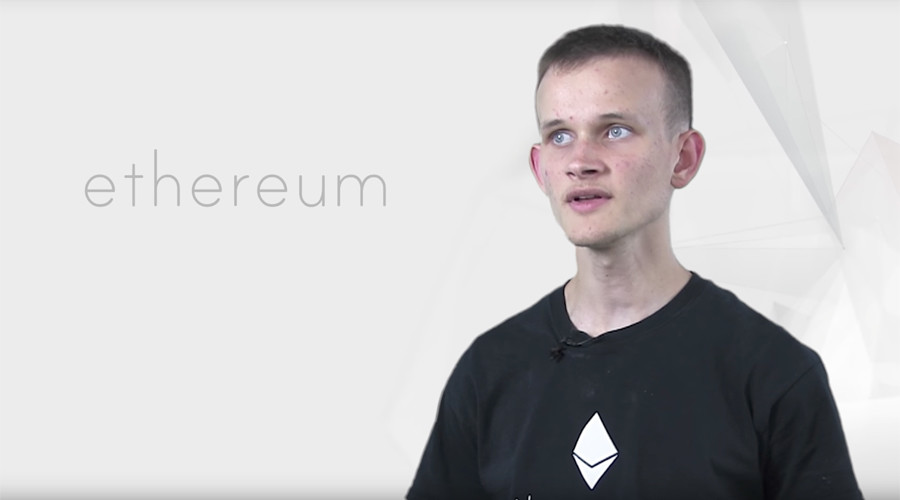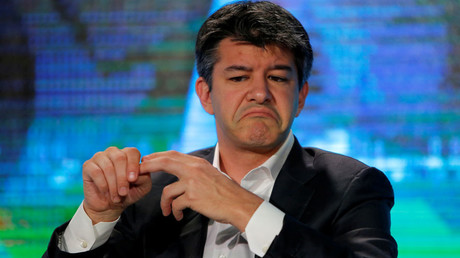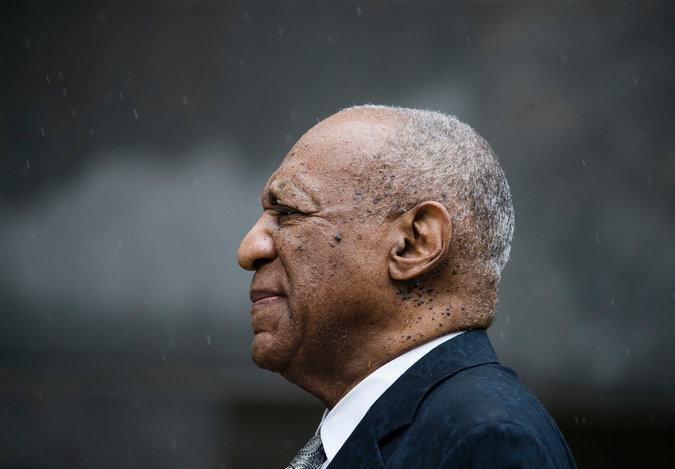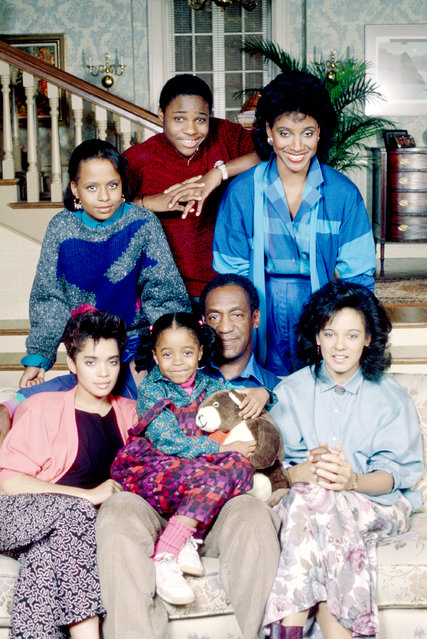
According to the head of sales John Leahy, the planes ordered are valued at just under $40 billion.
Airbus signed deals with AirAsia, and privately-owned Iranian carriers Zagros Airlines and Iran Airtour.
“Is this a slower show than previous years? Yes, it is. Are we conceding that Boeing sold a few more airplanes than we did? Yes,” Leahy told a news conference.
Boeing’s head of commercial aircraft sales Ihssane Mounir said the company won orders and commitments for 571 planes worth as much as $74.8 billion.
“It’s been very exciting for us,” Mounir said as cited by Bloomberg. “I’ve been to many of these, and this is probably one of our busiest” shows.
Pledges to buy the new single-aisle 737 Max 10, which Boeing began marketing in Paris to rival Airbus’s A321neo, amounted to 361 airliners, he said.
“We had expected they would have had a bigger launch on the 737 Max 10, not quite as many conversions, more incremental orders,” Airbus’ Leahy said, adding Boeing’s plane launch could result in price pressure. “They’re clearly going to come after us on price.”
The biggest disclosed buyer at the Paris Expo, GE Capital Aviation Services, ordered 100 Airbus planes valued at $10.8 billion and converted 20 Boeing production slots from previous purchases to the Max 10.
Boeing announced it had signed a sales agreement with an “unidentified major airline” for 125 737 Max 8s valued at $14 billion.
The world’s third-largest lessor Avolon ordered $8.4 billion worth of Boeing models. Its CEO Domhnal Slattery told Bloomberg the unit of Beijing-based Bohai Capital Holding decided to lock in deliveries of as many as 125 of the upgraded narrow-body jets starting in 2021 because the slots are “very valuable real estate.”
He said the Max series is oversold through 2020, and capacity is finite for the model favored by budget carriers. Slattery forecast the aerospace market is shifting to Asia due to the middle-class expanding by more than 1 billion people over the next decade.
Article source: https://www.rt.com/business/393578-airbus-boeing-orders-defeat/?utm_source=rss&utm_medium=rss&utm_campaign=RSS










